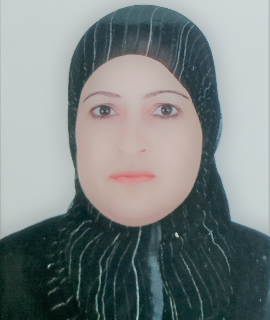Title : Heavy metal tolerance and adaptive strategies of halophilic archaea isolated from the highly contaminated Sfax solar saltern sediments (Tunisia)
Abstract:
Sfax solar saltern (Tunisia) is a thalassohaline environment significantly threatened, for more than 50 years, by industrial particulate fallouts highly enriched with heavy metals (Cd, Pb, Ni, Zn and Cu). The current study focuses on the metal tolerance of Halobacterium salinarum isolated from the most contaminated superficial sediments of such solar, by using agar dilution methods in complex and minimal media. The results showed the least inhibitory metals in complex medium, based on Minimum Inhibitory Concentrations (MICs), were Pb (MIC=4.5 mM), Cd (MIC=4 mM), and Ni (MIC=2.5 mM). Their MICs were more inhibitory in the other tested media (< 2 mM). The archaeal strain revealed a high sensitivity for both Cu and Zn, with MICs below 0.5 mM. Growth kinetics in complex and minimal media showed a more sensitive strain to the all metals in liquid media than in solid one. The growth kinetic assays indicated the presence of selected heavy metals resulted in a lower growth rate and lower total cell mass relative to the control. Despite that Cd and Pb are nonessential and have no nutrient value, they were the most tolerated metals by Halobacterium salinarum strain. In addition, pigment intensity in the strain was inhibited by the presence of the heavy metals relative to the control. The draft genome sequence was analyzed in order to reveal its adaptive strategies to live in heavy metal polluted hypersaline environments. The strain harbors many genes responsible for metal transport/resistance (copper-translocating P-type ATPases, ABC transporter, and cobalt-zinc-cadmium resistance protein), detoxification enzymes and secondary metabolites.


